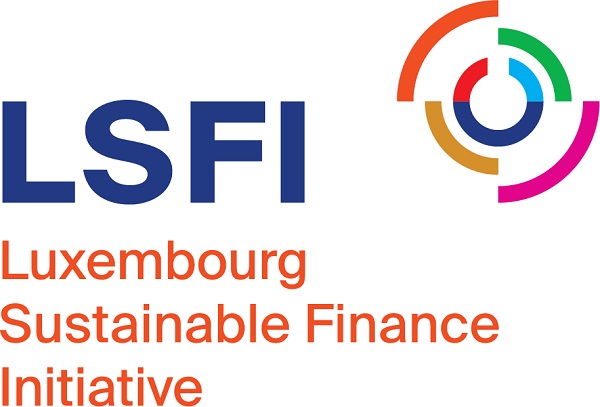
On Thursday 9 February 2025, the Luxembourg Sustainable Finance Initiative (LSFI) defined its strategy for the next five years.
Titled “Strategy 2030”, it outlines a vision for how the LSFI will drive progress on sustainable finance in Luxembourg and beyond, updating its missions and scope. The LSFI described its role and mission as to be Luxembourg's coordinating entity on sustainable finance, driving change across the whole ecosystem as a Centre of Excellence and Knowledge Hub, enabling the financial sector to accelerate the financing of the transition, and measuring progress.
Commenting on the launch of the strategy, Luxembourg’s Minister of Finance, Gilles Roth, stated: “The LSFI Luxembourg Sustainable Finance Strategy 2030 is being introduced at a critical moment. The need to mobilise finance for positive impact is more urgent than ever. Global challenges such as climate change require finance to play a leading role to drive towards a sustainable economy. This strategy is a new chapter in the LSFI’s journey. It is a call to action for all of us to work together, innovate and lead the way in sustainable finance. By doing so, we can ensure that finance remains a force for good.”
Luxembourg’s Minister for the Environment, Climate and Biodiversity, Serge Wilmes, added: “Sustainable finance is key to implementing and realising the goals of the Agenda 2030, the Paris Agreement and the Kunming-Montreal Global Biodiversity Framework. Our future depends on making these investments now, especially in this critical decade. The LSFI Luxembourg Sustainable Finance Strategy 2030 sets out how the LSFI, the Luxembourg financial sector and the government can work together on sustainable finance, and in particular climate and biodiversity finance, to ensure a just transition. Let us show the world how much Luxembourg can contribute.”
LSFI CEO, Nicoletta Centofanti, commented: “By leveraging the country’s existing strengths and pursuing new opportunities, the LSFI will reinforce Luxembourg’s position as a global leader in sustainable finance and drive meaningful change across the ecosystem. The LSFI aims to become the key entry point for financial institutions interested in or already working on sustainable finance and actively support the sector with dedicated initiatives that address major challenges or capture opportunities.”
To achieve its objectives and mission, the LSFI will operate across three updated strategic pillars:
1. Building Expertise & Leadership: This pillar focuses on enhancing understanding of sustainable finance topics and providing upskilling, coaching, and insights to financial institutions, policymakers and other stakeholders. The LSFI aims to act as a Centre of Excellence and Knowledge Hub for Luxembourg, sharing insights on emerging trends and best practices, and fostering knowledge across the ecosystem.
2. Unlocking Potential & Mobilising the Financial Sector: Recognising the critical role of the financial sector in driving sustainable finance, this pillar emphasises collaboration and innovation. The LSFI will seek to create opportunities for public and private organisations to work together, facilitating the development of new sustainable finance solutions, innovation, impact investing initiatives, and increasing the mobilisation of capital.
3. Measuring & Communicating Progress: This pillar reflects the importance of data to enable Luxembourg to measure progress towards sustainability. The LSFI will aim to leverage data to provide the ecosystem with high-quality analysis and insights, tracking sustainable finance progress over time and communicating it effectively.
The LSFI Luxembourg Sustainable Finance Strategy 2030 was developed in collaboration with the consulting firm Oliver Wyman and is based on a strategic assessment they conducted.
This assessment analysed the Luxembourg sustainable finance ecosystem, LSFI’s strengths and opportunities, and global developments in the sustainable finance space. Additionally, extensive interviews with LSFI stakeholders were conducted to ensure a wide range of perspectives and expertise were captured.
SM








